Social media is a popular scapegoat for the intelligentsia.
For various reasons.
Anything new and unfamiliar is usually an easy target for criticism. But self-interest dominates the establishment, and the dissolution and fragmentation of centralized communication channels has provoked jealousy… anxiety… insecurity… hostility… professional rivalry among traditional media corporations.
This anonymous digital insurgency erodes the consolidated narrative control of the status quo. Free, instant transmission of digitized information has wrecked the classic business models of the media: obliterating the value of their content, undermining their prestige, challenging their legitimacy, and presenting a rival interpretation of the world we live in. These dinosaurs scream as they watch the blazing, incoming meteor… fearing the end of their comfortable hegemony.
Decentralized crowdsourcing corrodes the old version of what was formerly perceived as the official TRUTH.
As much as news sites talk about “democracy dies in darkness,” these are the same petty, insular websites which locked their comments sections fifteen years ago, as soon as they realized their readership could meticulously dissect and dispute the manufactured, distorted narratives promoted by the status quo.
It’s fun to poast under a pseudonym, to speak freely.
It’s miserable to poast under the burden of a real face and a real name, performing in public.
Limited, anodyne comments are permitted, but only as long as the speakers are careful to remain circumspect, never challenging the official narrative. Sycophants compete to grovel in obeisance to formal authority, performing gaudy displays of capitulation fueled by frenzied ideological delusions.
Speaking forbidden truths has become dangerous.
To openly rebel against the status quo restricts a dissident’s career options. Worse, this form of vulgar rebellion tends to become its own caricatured media career, and leads into an alternative maze of forbidden truths and officially-prescribed beliefs. In an attempt to escape from the taboos and deceits of mainstream conformity, many have trapped themselves in an alternate, parallel, and similarly rigid set of taboos and deceits which demand submission to the inverted conformity of a “conservative” media ecosystem.
One rigid orthodoxy replaces another.
"The dirty secret of all dystopias is that they are always anchored in the present moment, though they are set in the future or the past. If sci-fi has grown more dystopian, it’s because it’s not an engine of hope for the future, it’s an engine of reflection for the present, and the technological world itself has grown dystopian. We have seen the dark tradeoffs of every new technology from the past century."
—ZeroHPLovecraft, Landline Stories in a Smartphone World
LANDLINE STORIES IN A SMARTPHONE WORLD - The Asylum (asylummagazine.ca)
For all the talk of tyranny beneath a Chinese Social Credit System, and the potential nightmares of an efficient, oppressive AI-Surveillance State, any honest analysis of the Western World would admit that Western citizens already live under a tyrannical, pervasive Social Credit System — where their lives can be destroyed suddenly and arbitrarily by mob persecution.
Today’s frivolous opinions might be tomorrow’s hate speech.
But the Internet is forever, and permanently documents anything you say, quietly fashioning an invisible, unsuspected Sword of Damocles which hovers overhead, threatening to slam down at any moment.
China’s rules are rigid and oppressive.
But everyone in China knows what views are permitted, and forbidden. In America, the rules are changing all of the time. Casual, harmless jokes have ended careers.
White-collar Americans live beneath a draconian code of vaguely-defined rules that periodically shift in unpredictable directions. Every couple years, the entire society suffers volcanic convulsions of mass hysteria.
Perhaps the best depiction of white-collar employment in the contemporary Western world was portrayed by Black Mirror: Season Three, Episode One: “Nosedive”.
Sophie Gilbert, Black Mirror’s “Nosedive” Skewers Social Media:
“Everything you do can be judged, publicized, recorded.
…
Some of Black Mirror’s episodes are set in vividly imaginative future worlds; the most disturbing ones, though, are set in the present, and shine an uncomfortable spotlight on the ways in which we’re already living.
In that sense, “Nosedive” is both dystopian fiction and acute social satire. Lacie (Bryce Dallas Howard) lives in a version of America where every tiny interaction is ranked by the people involved on an app that syncs with augmented-reality contact lenses (or retinal implants, it’s unclear). The minute you see someone you can also see their ranking, meaning that reality has morphed into a pastel-colored nightmare of aggressive cheeriness, as citizens attempt to out-nice each other and bump up their ratings.
The episode… aims squarely at the anxiety stoked by a modern obsession with quantification. For anyone who’s ever made conversation with an Uber driver specifically to upgrade a passenger rating, or wondered why a tweet isn’t getting more likes, or even checked a credit score, “Nosedive” surely radiates shivers of anxiety. It’s set in a Truman Show-style universe that seems designed explicitly for Instagram. Men and women wear perfectly mismatched shades of salmon and teal, flowering plants creep over every surface, and even the cookies have smiley faces on them.
Lacie, whose average rating is a solid but not spectacular 4.2/4.3, spends almost all of her time practicing happy faces in the mirror, composing adorable photos for her timeline, and brandishing goodwill at people in the service industry, rating them five stars and then visibly crumpling in relief when they rate her back. When she goes to check out her fiendishly expensive dream home, a realtor informs her that there’s a program that takes 20 percent off the rent if she can get her rating above a 4.5. Then, out of nowhere, an old friend from middle school who’s become a social-media star (Alice Eve) asks Lacie to be the maid of honor at her upcoming wedding, teasing the fact that there will be dozens of “prime influencers” there who can rate her speech and boost her ranking.
…
Lacie’s brother (James Norton), a snarky kid who hates how fake she’s become, gives her 1 star after an argument, as does a cab driver whom she keeps waiting. When her rating drops below 4.2, and her flight to the wedding is canceled, an airline representative can no longer book her on another flight because her number is too low. It’s at this point that “Nosedive” truly descends into nightmarish territory, but it does so without scares, or psychological horror. Rather, it’s the recognizable parts of Lacie’s story that sting: feeling excluded, feeling disliked, feeling downgraded and categorized as a second-class citizen.
The lush, calming visuals of “Nosedive” clash nicely with the mounting anxiety, and Howard’s performance is terrific—she conveys Lacie’s inner frustration while grinning cheerfully through it.
…
In the second half, in which Lacie suffers humiliation after humiliation, it’s almost torturous to watch… A society where everyone is forced to be pleasant and agreeable all the time becomes a nightmare.”
—Sophie Gilbert, Black Mirror’s “Nosedive” Skewers Social Media
This is the world we already live in, more or less.
Blue-collar careers are mostly immune to the weapons of social ostracism and financial throttling employed by the eunuch caste. The comfort, prestige, and salary of a white-collar career is attached to an elaborate matrix of social control mechanisms designed to isolate, intimidate, and punish anyone who might be tempted to diverge from approved behaviors.
George Orwell, 1984:
“In reality very little was known about the proles. It was not necessary to know much. So long as they continued to work and breed, their other activities were without importance. Left to themselves, like cattle turned loose upon the plains of Argentina, they had reverted to a style of life that appeared to be natural to them, a sort of ancestral pattern.
…
No attempt was made to indoctrinate them with the ideology of the Party. It was not desirable that the proles should have strong political feelings. All that was required of them was a primitive patriotism which could be appealed to whenever it was necessary to make them accept longer working-hours or shorter rations.
And even when they became discontented, as they sometimes did, their discontent led nowhere, because being without general ideas, they could only focus it on petty specific grievances. The larger evils invariably escaped their notice.
The great majority of proles did not even have telescreens in their homes. Even the civil police interfered with them very little. There was a vast amount of criminality in London, a whole world-within-a-world of thieves, bandits, prostitutes, drug-peddlers, and racketeers of every description; but since it all happened among the proles themselves, it was of no importance.
In all questions of morals they were allowed to follow their ancestral code. The sexual puritanism of the Party was not imposed upon them. Promiscuity went unpunished, divorce was permitted. For that matter, even religious worship would have been permitted if the proles had shown any sign of needing or wanting it. They were beneath suspicion. As the Party slogan put it: ‘Proles and animals are free.’
Winston reached down and cautiously scratched his varicose ulcer. It had begun itching again. The thing you invariably came back to was the impossibility of knowing what life before the Revolution had really been like.”
—George Orwell, 1984
The American Empire launders social discipline through the added layer of universities, corporations and small businesses, in order to maintain plausible deniability concerning the reality that corporate punishments reflect formalized, legal policy.
Social media is despised by the establishment because it gives a voice to the voiceless.
Pseudonyms empower an escape from official dogma.
And under a pseudonym, amid the intellectual liberation of anonymity, FrogTwitter offers a splendid vehicle for creative personalities to explore their talents and develop an understanding of rhetoric.
FrogTwitter teaches poasters how to:
Write succinctly
Capture attention in a frenzied, crowded marketplace
Structure an idea across a thread of tweets, building towards a crescendo and a satisfying resolution.
Fiercely debate, and compose a compelling argument of an educated viewpoint.
Research esoteric data, fueled by a perverse and juvenile ambition to “win the argument” with hostile strangers
Understand the rhythm of a culture and community, which flows and ebbs like oceanic tides,
Write topics which appeal to a broad crowd, versus writing for niche audiences — and how to choose a target audience.
Take the first step: A tweet is small enough to compose in an instant, without delay or performance anxiety. Writing longer essays, or books, is a huge and intimidating task. The hardest part of a journey is to take the first step, and even when screaming into the void (tweeting without an audience), Twitter teaches users to be proactive and productive in the act of creation.
Excise filler content. From the first tweet in a thread, to the third tweet in a thread, roughly 90% of the audience loses interest. There’s no room for wasted space, or filler content. Twitter teaches writers how to make every sentence convey useful information. The average 400 page novel has at least 60-70 pages of filler content, where the author is only mechanically going through the motions, and padding for time.
Endure intense criticism
Compose a Banger insult.
Provides brilliant, insightful interactions with some of the world’s smartest, bravest, funniest men.
For all of these reasons, FrogTwitter is an ideal forum for young artists to learn, grow, and develop their craft.
Perhaps the most important, most powerful aspect of FrogTwitter is that the mass audience of social media delivers instant feedback. Unlike a novel, where there’s (optimistically) a two-year lag between creating a story and receiving attention from fans and critics, users on social media will immediately attack you as hard as they can. They’re not afraid to be vicious. And their criticism is often wrong, in extremely stupid ways. But even this kind of stupidity is useful (in small doses), because their emotional reactions will swiftly point to the most interesting, most provocative parts of your presentation.
The best art delights in a flirtation with the sharp, jagged edges of the Overton Window, and dances along the broken glass and gleaming razors of cultural boundaries. In real life, it’s risky to even think about forbidden thoughts, much less to develop these provocative concepts into a fluid, elegant critique of social conventions which narrowly squeezes inside the confines of acceptable discourse.
One slight miscalculation, and your career could be ruined.
But on social media, trespassing the Overton Window is where the game begins. And that experience develops an astonishing freedom of thought, to realize a detailed mental model of the “amoral truth of life” versus the “childish Narrative promoted by the establishment to suppress disobedience”. By discovering and exploring the gulf between these worldviews, all sorts of hidden truths and subtle contradictions and market inefficiencies gradually emerge into plain sight.
FrogTwitter provides a delightful place to experiment… to learn and grow and be transformed. It cultivates talent, in an era where every institution is designed to suppress talent while promoting mediocrity and ugliness.
It’s a beautiful launching point for creative thinkers, to be unleashed.
Perhaps U Tweet?
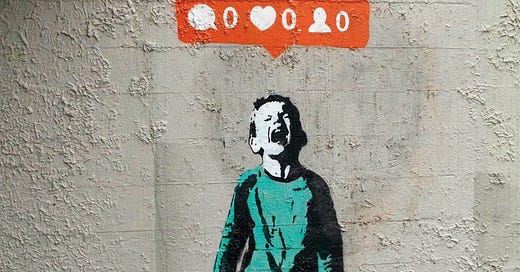




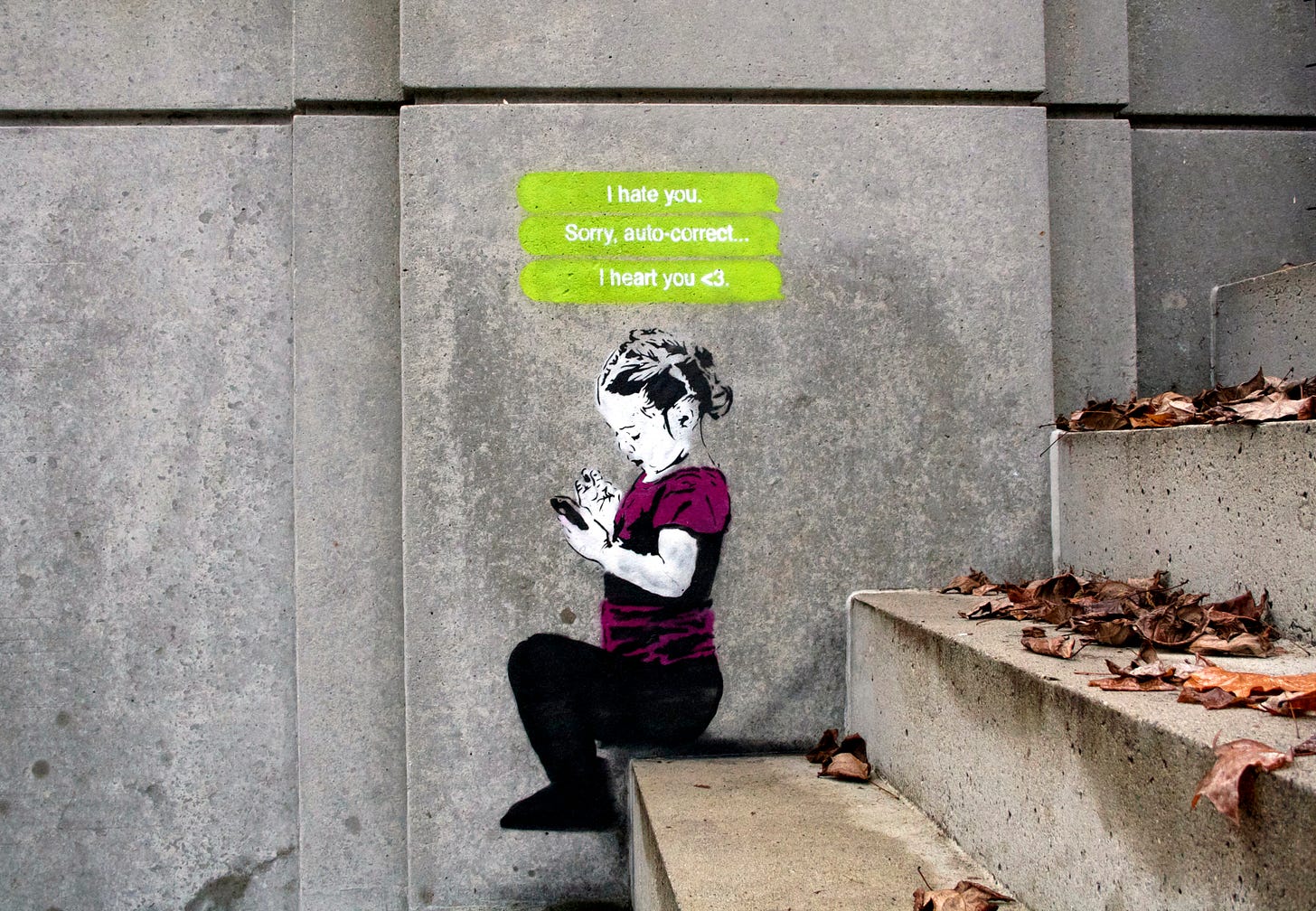



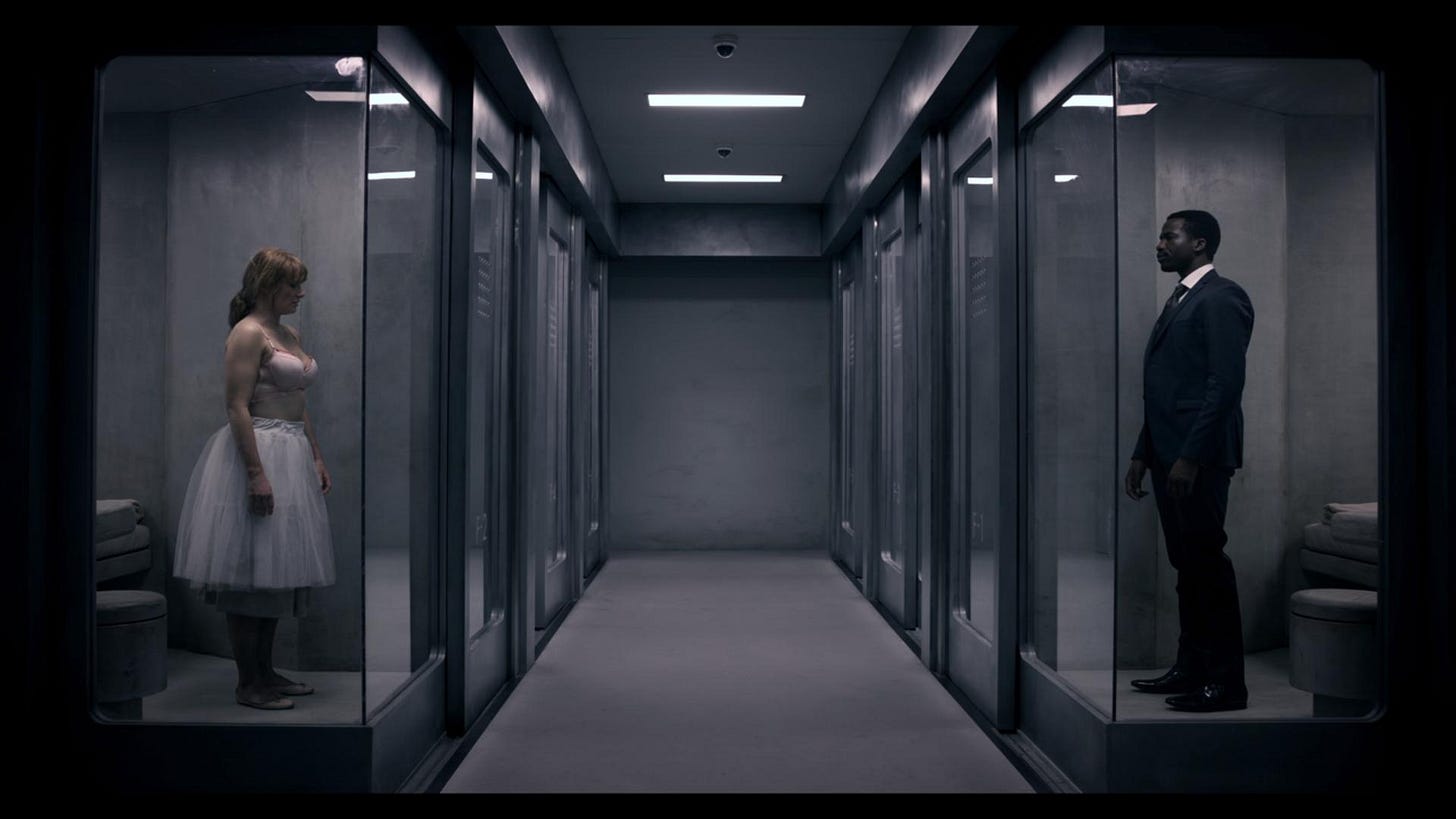
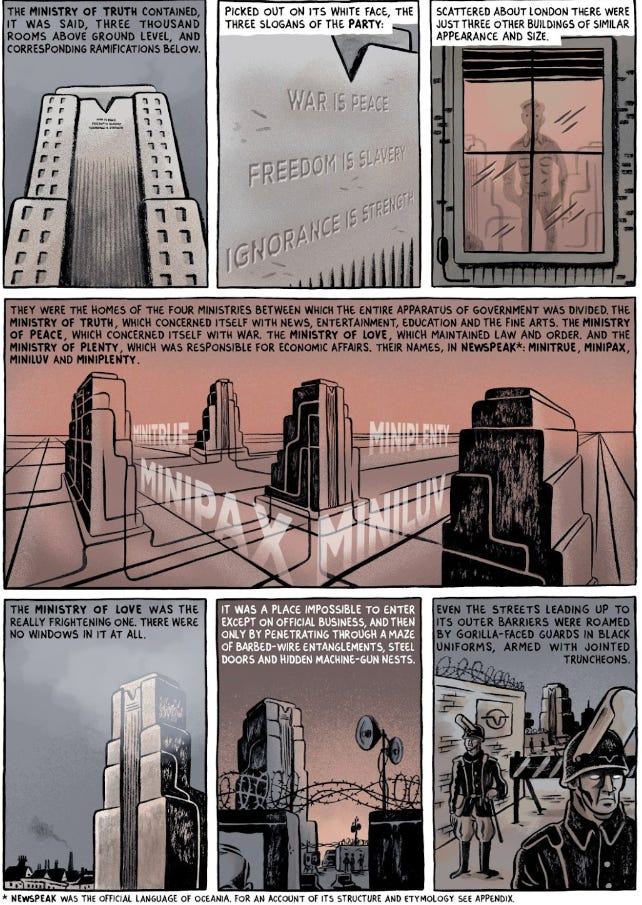

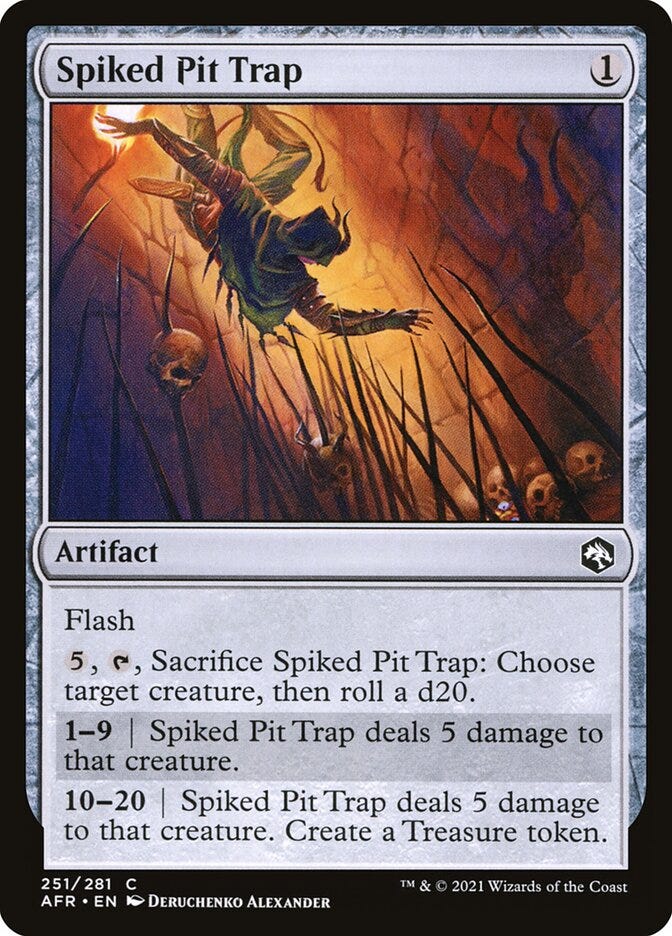

“The best art delights in a flirtation with the sharp, jagged edges of the Overton Window, and dances along the broken glass and gleaming razors of cultural boundaries.”
Brilliant.
Even just being in the ecosystem of Frog Twitter helps sharpen one’s writing and analytical skills. I read for years but didn’t post. Yet I took on this distinct vernacular and combative way of expression. The academic and corporate worlds are so sterile that it truly feels like you’re leaving the dark halls of The Party’s structures and entering the lively, combustible world of the proles.